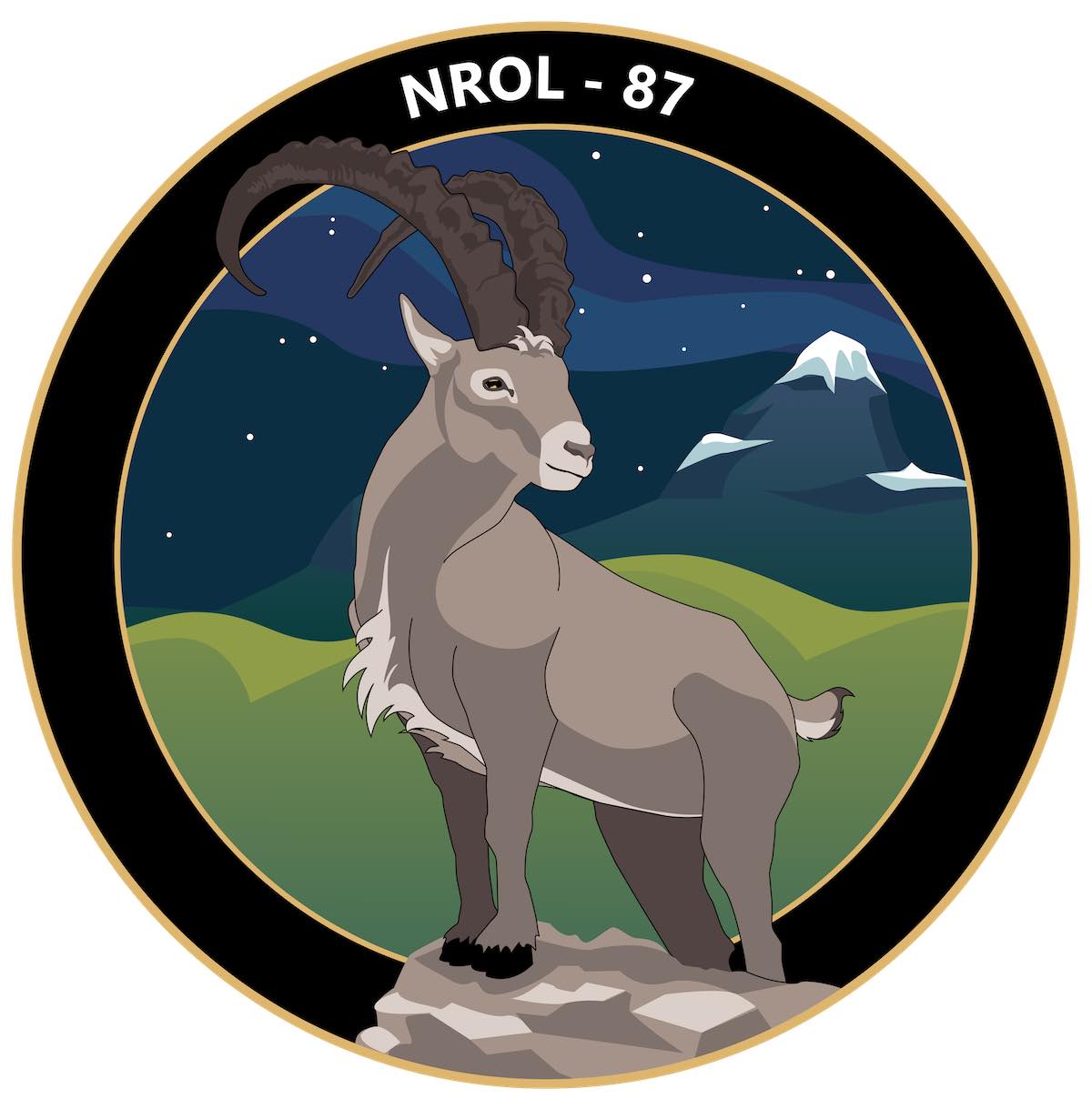
The first launch of the year from Vandenberg Space Force Base in California, set for Wednesday afternoon, will send a payload into orbit for the U.S. government’s spy satellite agency aboard a SpaceX Falcon 9 rocket.
The mission will deploy a payload for the National Reconnaissance Office into orbit after liftoff from Vandenberg at 12:18 p.m. PST (3:18 p.m. EST; 2018 GMT).
The Falcon 9’s reusable first stage booster, flying for the first time, will return to Vandenberg for landing about eight minutes after launch. Loud double sonic booms will be heard in the Vandenberg area as the rocket descends toward Landing Zone 4 for its vertical touchdown.
“Upon re-entry of the vehicle, spectators and local residents from Santa Barbara, Ventura and San Luis Obispo counties can anticipate hearing multiple sonic booms as the vehicle breaks the sound barrier,” the Space Force’s Space Launch Delta 30 at Vandenberg said in a press release.
It will mark the fourth landing of a Falcon rocket booster at Vandenberg. SpaceX plans to refurbish the booster for another flight later this year for the NRO, an agency spokesperson told Spaceflight Now.
The launch from Vandenberg, located on the Pacific coastline between Los Angeles and San Francisco, comes amid a busy stretch of missions on SpaceX’s schedule.
Two Falcon 9 rockets are awaiting takeoff from Florida’s Space Coast with an Italian radar remote sensing spacecraft and the next batch of SpaceX’s Starlink internet satellites.
SpaceX is set to make its fifth try to launch Italy’s COSMO-SkyMed Second Generation radar satellite at 6:11 p.m. EST (2311 GMT) Monday from pad 40 at Cape Canaveral Space Force Station. Bad weather kept the Falcon 9 rocket on the ground at pad 40 on Thursday, Friday, and Saturday, then a cruise ship ventured into the offshore hazard area under the rocket’s flight path Sunday.
Another Falcon 9 rocket is standing vertical a few miles to the north on pad 39A at NASA’s Kennedy Space Center, awaiting liftoff with another batch of Starlink internet satellites. SpaceX has pushed back that launch in a ripple effect from the COSMO-SkyMed launch delays.
The Starlink mission, SpaceX’s 36th flight dedicated to launching satellites for the internet network, is now slated to blast off no earlier than 1:56 p.m. EST (1856 GMT) Tuesday.
That will be followed by the launch for the National Reconnaissance Office Wednesday across the country at Vandenberg Space Force Base.

The payload for the NRO mission, officially designated NROL-87, will ride SpaceX’s Falcon 9 rocket into a polar orbit, heading south from Vandenberg over the Pacific Ocean.
The NRO hasn’t disclosed any details about the payload on the NROL-87 mission. The rocket will “carry a national security payload designed, built, and operated by the agency,” the NRO said in a press kit for the mission.
The spy satellite agency manages a fleet of intelligence-gathering satellites with super-high resolution imaging capabilities. The NRO’s fleet includes optical and radar observing satellites to keep close eyes on foreign military movements from space.
The NRO also has satellites that track worldwide naval forces, and eavesdrop on foreign communications.
While the exact purpose of the payload on the NROL-87 mission remains secret, procurement documents released before SpaceX’s selection as the launch provider indicated the mission would deploy its cargo into an orbit about 318 miles (512 kilometers) above Earth, with an inclination of 97.4 degrees to the equator.
SpaceX test-fired the Falcon 9 booster for the NROL-87 mission on Jan. 26 at Vandenberg. The booster, numbered B1071 in SpaceX’s inventory, is making its first flight this week.
Email the author.
Follow Stephen Clark on Twitter: @StephenClark1.
from Spaceflight Now https://ift.tt/0YidfecxO
via World Space Info







0 comments:
Post a Comment